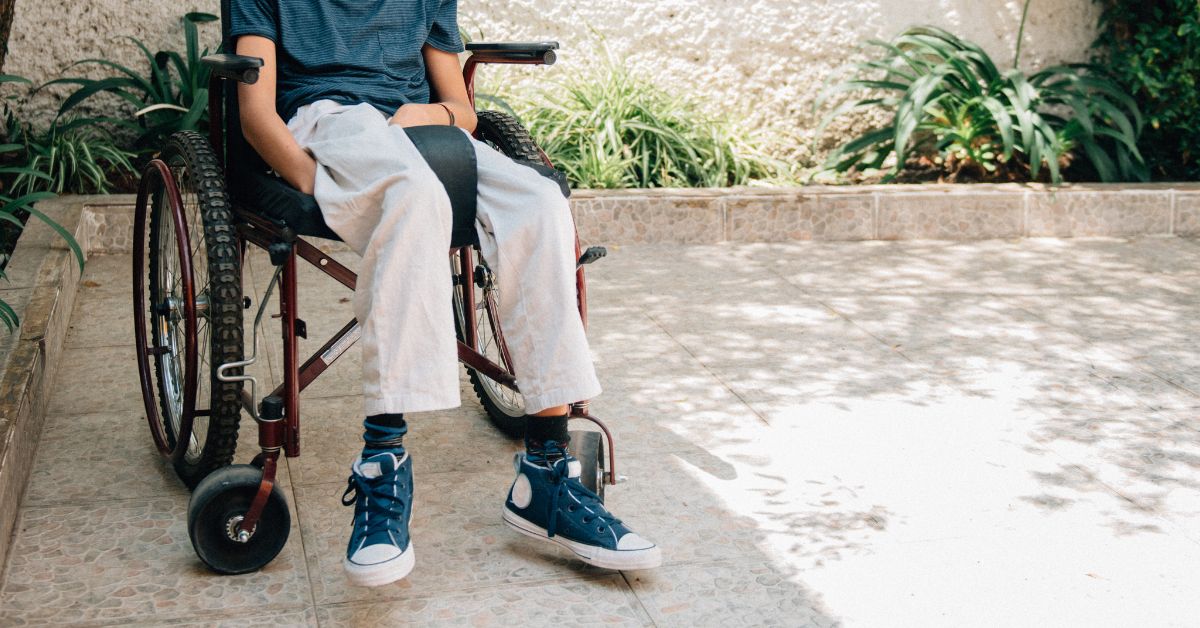By: Stevie Wills
In community, we discover more of who we are.
In high school, my peers were never deliberately cruel to me, but I was left behind. Left out. I live with cerebral palsy. My teenage peers were fast paced. My school stretched across three long levels, joined in the middle by two ramps. My peers would take the steps. I would take my electric wheelchair the long way around.
Many times, they darted away, towards whatever had caught their attention. I trailed behind… sometimes for the entire lunch hour. Conversations bond friends, and I missed a lot of them. In group conversations, my tongue was too slow to join in. Friendships had little chance to develop.
My high school years were lonely…painful. I thought that I lacked friends because I was boring…that I didn’t have anything interesting to offer.
When I was 17, I started going to church. At church I found that people did take the time to get to know me. They sat down and talked to me. It was only at 17 that I learned that I had interesting things to say. It was only at 17, that I learned that I could make people laugh. In community, I discovered more of who I am.
In community we discover more of who we are created to be. We’re created to live in community. Jesus lived this out, and he taught as he did so.
In Luke14:12-14 Jesus said “When you give a luncheon or dinner, do not invite your friends, your brothers or sisters, your relatives, or your rich neighbours; if you do, they may invite you back and so you will be repaid. But when you give a banquet, invite the poor, the crippled, the lame, the blind, and you will be blessed.”
Jesus taught his listeners to welcome and include people with disabilities.
People with disabilities often face barriers to fully participating in community. Barriers obstructed my development of friendships with my peers at high school. Without being addressed, barriers will hinder people with disabilities from being active and integral members of their local Christian community.
To build accessibility and inclusivity into their community, Christians need to identify and remove barriers. Barriers can be physical, like steps, narrow gaps between seating, a lack of accessible bathrooms and car parks. There can be communicational barriers, like the lack of braille or sign language interpreters.
I find that attitudinal barriers are the most difficult to overcome, especially when people hold negative assumptions about those with disabilities and their capacities. I’ve encountered Christians who pitied me, and those who put me on a pedestal. I think that genuine fellowship can only be enjoyed when we see the commonality in all of us.
Communities who welcome and include people with disabilities are blessed. In the Bible, in 1 Corinthians chapter 12, Paul says the Christian community is like a body. Everybody is uniquely created and gifted, and everybody has an indispensable part to play. If a person with a disability is not fully participating in a Christian community, then that community is missing out… lacking a unique and important contribution.
How accessible and inclusive is your Christian community? What barriers exist? CBM Australia’s Luke14 program is a good place to start – providing free disability inclusion training at www.cbm.org.au/luke14
Article supplied with thanks to CBM Australia.
Feature image: Canva

